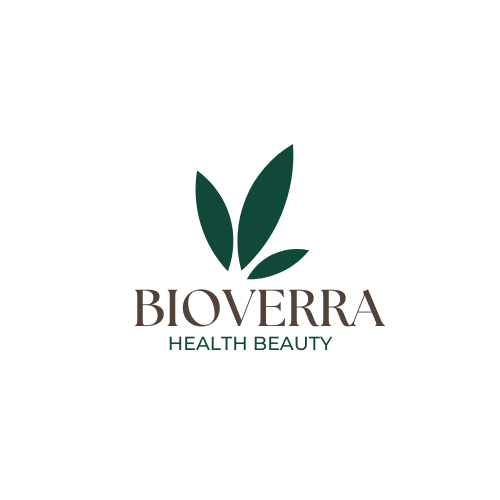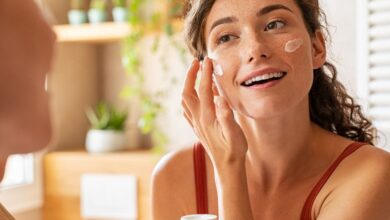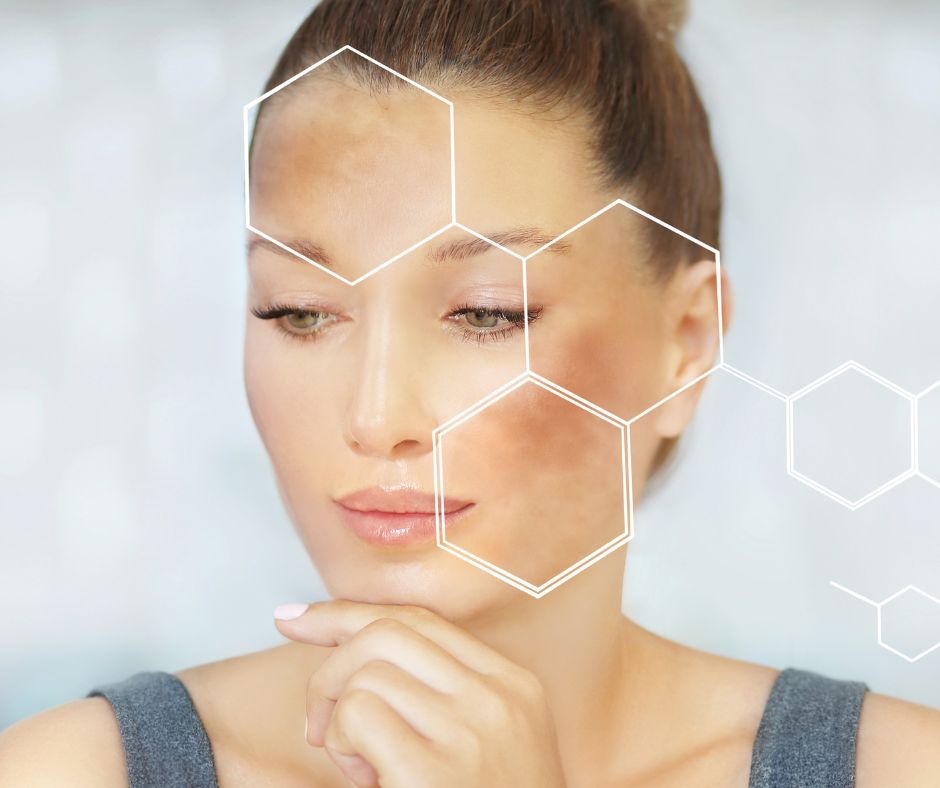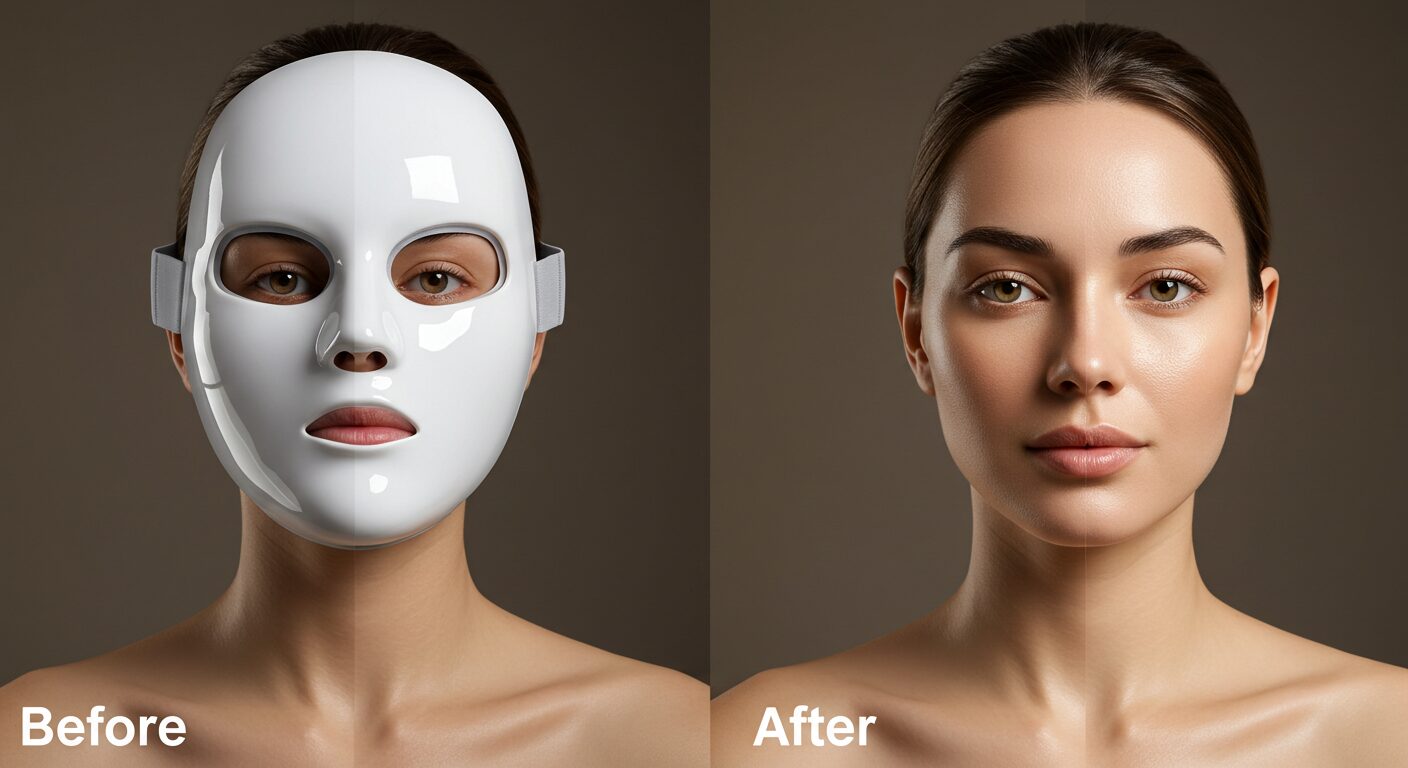Best Creams for Dark Spots and How to Remove Acne Marks Fast (Dermatologist-Approved Guide
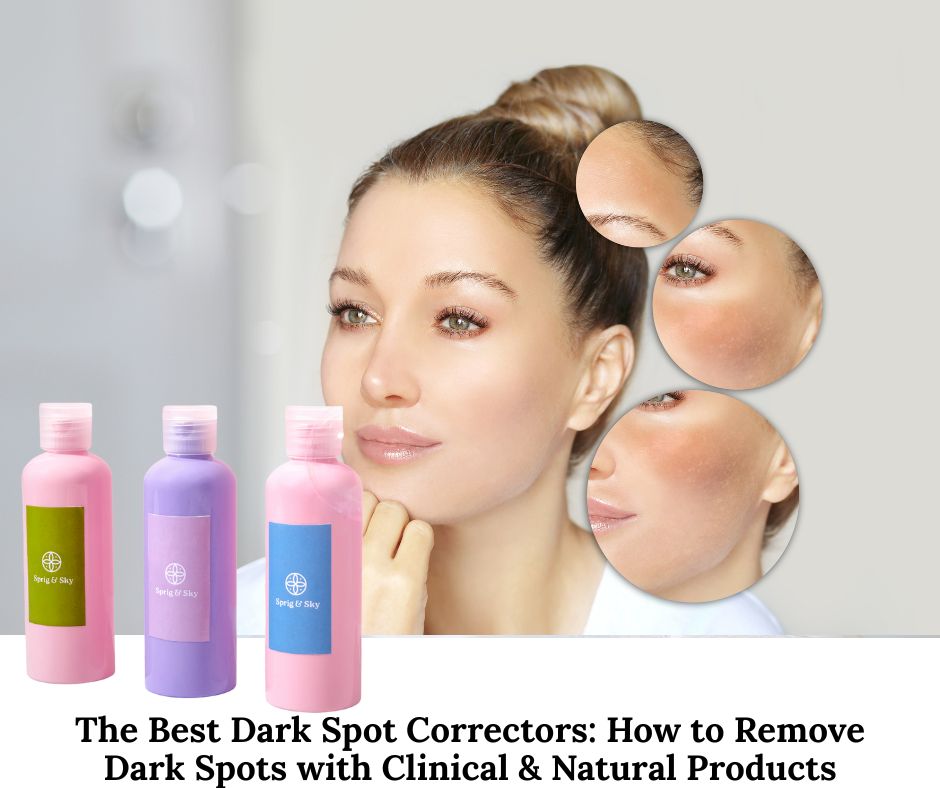
Dark spots, also called hyperpigmentation, are one of the most common skin concerns. They can appear due to acne scars, sun exposure, hormonal changes, or aging. While home remedies can help, dermatologists often recommend targeted creams and serums for faster and more reliable results. In 2025, the skincare market is full of advanced formulations that combine brightening agents, antioxidants, and exfoliating ingredients to fade pigmentation and even skin tone.
In this article, we’ll explore the best dermatologist-recommended creams for dark spots, key ingredients to look for, and tips for safe, effective use.
What to Look for in a Dark Spot Cream
Before jumping to product recommendations, it’s important to understand what makes a cream effective against dark spots. Dermatologists usually recommend products that include:
-
Hydroquinone (2–4%) – The gold standard for lightening dark spots.
-
Retinoids (Retinol, Tretinoin) – Boost cell turnover and fade pigmentation.
-
Vitamin C – A strong antioxidant that brightens and reduces melanin production.
-
Niacinamide (Vitamin B3) – Helps reduce pigmentation while strengthening the skin barrier.
-
Alpha Hydroxy Acids (AHAs) – Exfoliants like glycolic acid or lactic acid to renew skin cells.
-
Azelaic Acid – A gentle option for sensitive skin, effective in fading acne marks.
-
Kojic Acid – Derived from mushrooms, widely used as a natural skin-lightening ingredient.
Top 10 Dermatologist-Recommended Creams for Dark Spots in 2025
1. SkinCeuticals Discoloration Defense
-
Key Ingredients: Tranexamic Acid, Niacinamide, Kojic Acid.
-
Why It Works: Clinically proven to reduce dark spots and improve skin brightness within 2–4 weeks.
-
Best For: All skin types, including sensitive skin.
2. Murad Rapid Age Spot and Pigment Lightening Serum
-
Key Ingredients: Hydroquinone (2%), Glycolic Acid.
-
Why It Works: A dermatologist-favorite that combines hydroquinone with exfoliation for faster results.
-
Best For: Stubborn dark spots and post-acne scars.
3. La Roche-Posay Mela-D Pigment Control Serum
-
Key Ingredients: Glycolic Acid, Kojic Acid, Vitamin C.
-
Why It Works: Gentle but effective, suitable for daily use.
-
Best For: Sensitive and combination skin.
4. Olay Luminous Tone Perfecting Cream
-
Key Ingredients: Niacinamide, Antioxidants.
-
Why It Works: Affordable, lightweight, and hydrates while reducing spots.
-
Best For: Mild dark spots and long-term maintenance.
5. Neutrogena Rapid Tone Repair Dark Spot Corrector
-
Key Ingredients: Retinol, Vitamin C.
-
Why It Works: Retinol speeds up skin renewal while vitamin C brightens.
-
Best For: Early pigmentation and prevention.
6. Ambi Skincare Fade Cream
-
Key Ingredients: Hydroquinone (2%), Vitamin E.
-
Why It Works: Budget-friendly cream widely used for dark spots.
-
Best For: Oily and normal skin types.
7. Paula’s Choice Resist Triple-Action Dark Spot Eraser
-
Key Ingredients: Hydroquinone, Salicylic Acid, Antioxidants.
-
Why It Works: Fades spots while unclogging pores—ideal for acne-prone skin.
-
Best For: Acne-related pigmentation.
8. Kiehl’s Clearly Corrective Dark Spot Solution
-
Key Ingredients: Activated C (Vitamin C derivative), White Birch Extract, Peony Extract.
-
Why It Works: A natural-based solution that brightens skin tone effectively.
-
Best For: Natural skincare enthusiasts.
9. Admire My Skin 2% Hydroquinone Dark Spot Corrector
-
Key Ingredients: Hydroquinone, Salicylic Acid, Lactic Acid.
-
Why It Works: Highly potent formula with visible results in as little as 4 weeks.
-
Best For: Stubborn pigmentation, not for sensitive skin.
10. Eucerin Anti-Pigment Dual Serum
-
Key Ingredients: Thiamidol, Hyaluronic Acid.
-
Why It Works: Gentle and hydrating while reducing pigmentation.
-
Best For: Dry and mature skin.
How to Use Dark Spot Creams Effectively
-
Apply to Clean Skin: Use after cleansing and before moisturizer.
-
Use Once or Twice Daily: Follow product instructions carefully.
-
Combine with Sunscreen: Always apply SPF 30+ in the morning to prevent worsening pigmentation.
-
Be Consistent: Results may take 4–12 weeks depending on severity.
-
Avoid Overuse: Overusing hydroquinone or retinoids can cause irritation.
Dermatologist Tips for Choosing the Right Cream
-
If you have sensitive skin, avoid strong acids and start with niacinamide or azelaic acid.
-
For acne-prone skin, look for formulas with salicylic acid.
-
For mature skin, choose creams with antioxidants and hyaluronic acid to boost hydration.
-
Always consult a dermatologist if your dark spots are spreading, darkening, or not improving with over-the-counter creams.
FAQs About Dark Spot Creams
Q1: How long does it take for creams to fade dark spots?
Most creams require 6–12 weeks of consistent use.
Q2: Are hydroquinone creams safe?
Yes, in concentrations of 2–4% when used short-term under guidance. Avoid long-term use without a doctor’s advice.
Q3: Can I use more than one cream at the same time?
Dermatologists recommend sticking to one product at a time to avoid irritation.
Q4: Are natural creams effective?
Natural options like vitamin C and licorice extract can help but usually take longer than medical-grade ingredients.
Conclusion
Dark spots don’t have to be permanent. With the right dermatologist-recommended cream, you can achieve a clearer, brighter complexion. The key is choosing a product with proven ingredients such as hydroquinone, retinol, vitamin C, or niacinamide, and using it consistently with sunscreen protection.
Want to explore gentler solutions? Read our article: [10 Proven Home Remedies to Remove Dark Spots Naturally].
